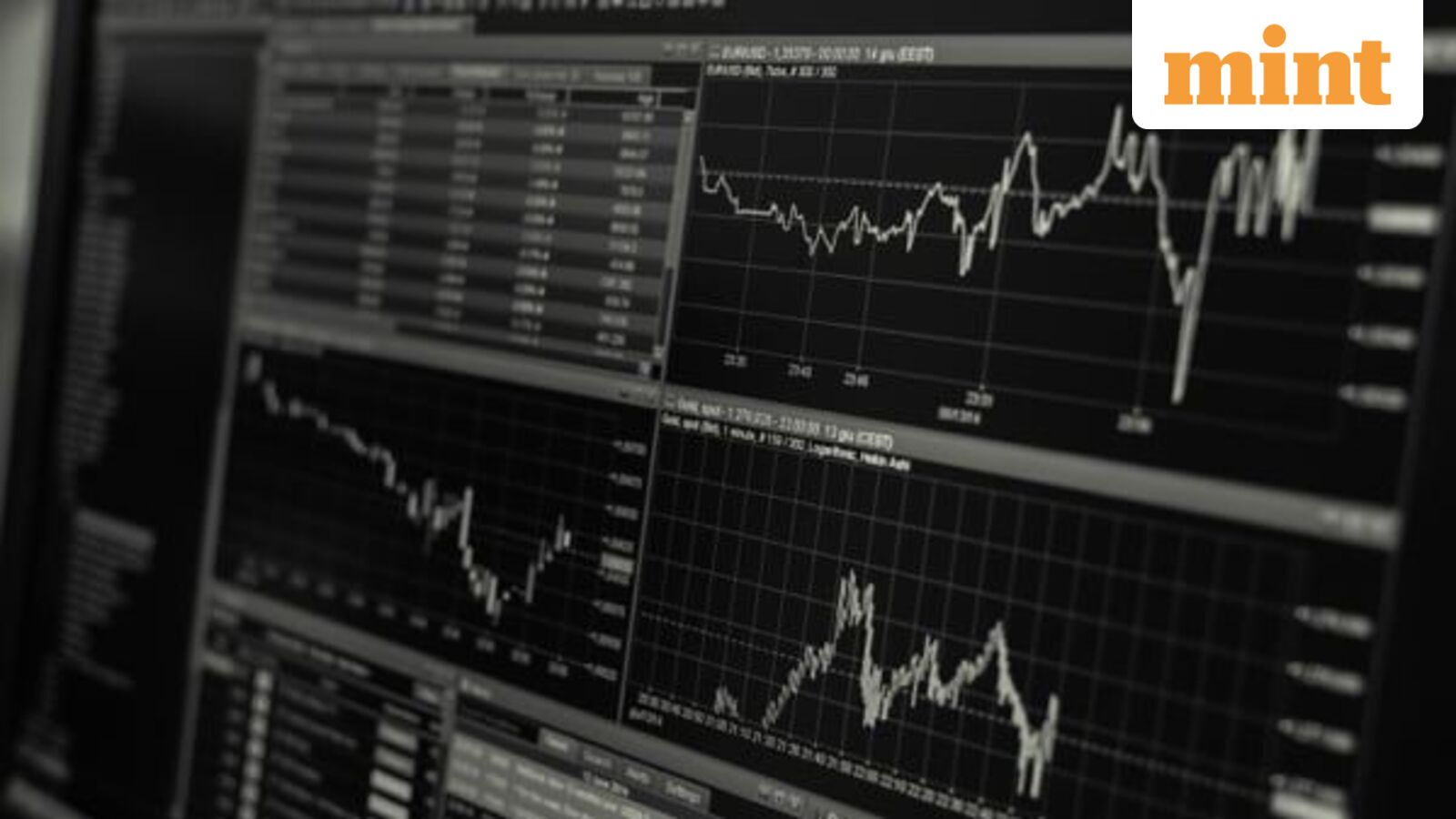(For a Reuters live blog on U.S., UK and European stock markets, click or type LIVE/ in a news window.)
Indexes down: Dow 0.30%, S&P 500 0.69%, Nasdaq 1.21%
Tesla shareholders approve $1 trillion CEO pay package
Expedia jumps after annual revenue growth forecast hike
Take-Two slumps after delaying GTA VI launch
(Updates after markets open)
By Twesha Dikshit and Purvi Agarwal
Nov 7 (Reuters) – Wall Street’s main indexes extended losses to a second session on Friday, and were set for weekly declines, as concerns about the economy and sky-high valuations in the technology sector soured sentiment.
The tech-heavy Nasdaq declined almost 2% on Thursday after Wall Street executives earlier this week warned a market correction could be on the way.
The S&P 500 and the Dow are both set for their steepest weekly loss in four, while the Nasdaq is poised for its worst weekly performance since March.
“There is a continuation of the concern of a possible pullback… it’s traditional early November weakness triggered by elevated valuations and the running out of catalysts to support or propel the market,” said Sam Stovall, chief investment strategist at CFRA Research.
Optimism around artificial intelligence has pushed markets to all-time highs this year, but concerns over monetization of the technology and circular spending within the industry has dampened enthusiasm for U.S. stocks in recent days.
Tech stocks such as Nvidia and Broadcom fell 2.8% and 2.2%, respectively. The information technology sector and the broader semiconductor index were set for their biggest weekly declines in seven months.
At 10:01 a.m. ET, the Dow Jones Industrial Average fell 138.50 points, or 0.30%, to 46,773.80, the S&P 500 lost 46.63 points, or 0.69%, to 6,673.69 and the Nasdaq Composite lost 278.31 points, or 1.21%, to 22,775.68.
The CBOE Volatility Index, Wall Street’s fear gauge, hit its highest level in more than two weeks.
Tesla shareholders approved the largest corporate pay package in history for CEO Elon Musk. Shares fell 3.3% tracking broader market sentiment and weighed down the consumer discretionary sector.
On the earnings front, data compiled by LSEG until Thursday showed 83% of 424 companies in the S&P 500 that have reported results so far have beaten Wall Street expectations, the highest rate of better-than-expected results since the second quarter of 2021.
Expedia jumped 16% to top the S&P 500 after the online travel platform boosted its forecast for full-year revenue growth and posted third-quarter profit above expectations.
The longest U.S. government shutdown in history has led to an information gap, with Federal Reserve policymakers divided on the future of monetary policy as private data paints a mixed picture of the economy.
The economic impact of the shutdown was far worse than expected, White House economic advisor Kevin Hassett said in an interview with Fox Business Network.
Meanwhile, the preliminary reading of the University of Michigan’s Consumer Sentiment Index was 50.3 this month, compared with estimates of 53.2 according to economists polled by Reuters.
“The question is, will it exacerbate an economic slowdown within the U.S.? There is a lot of uncertainty… it’s not just the Fed that is flying blind, it is the American consumer and investor as well,” said Stovall.
Among others, Block slumped 10.5% after missing third-quarter profit expectations, and Take-Two Interactive declined 6.6% after delaying its popular video game GTA VI to November 2026.
Declining issues outnumbered advancers by a 1.29-to-1 ratio on the NYSE and by a 1.99-to-1 ratio on the Nasdaq.
The S&P 500 posted 8 new 52-week highs and 10 new lows while the Nasdaq Composite recorded 18 new highs and 211 new lows.
(Reporting by Twesha Dikshit and Purvi Agarwal in Bengaluru; Editing by Krishna Chandra Eluri)
